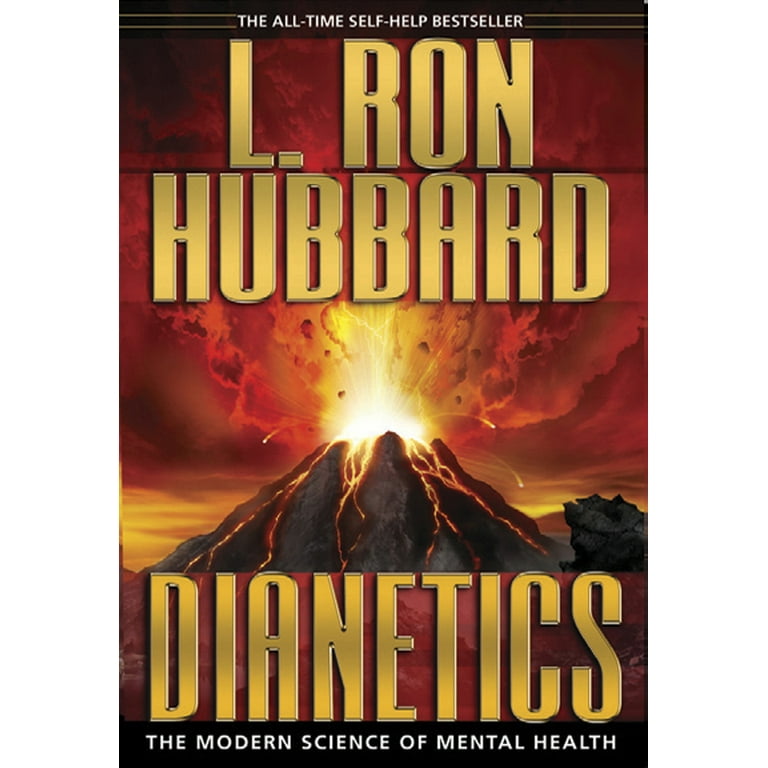A Biased View of Dianetics
Wiki Article
9 Easy Facts About Dianetics Explained
Table of ContentsFacts About Dianetics UncoveredThe Main Principles Of Dianetics The Best Guide To DianeticsSome Known Incorrect Statements About Dianetics
I couldn't ever not intend to obtain anything that enters your mind for you- if it was otherwise, I wouldn't be resting here with you, doing this. I not only could never ever have an issue, or not desire to hear something that comes to mind for you, yet I'm totally eager to recognize every idea, every thought, every image or sensation that emerges or manifests for you- do not ever before believe otherwise, and if somehow you do, please simply let me recognize! Occasionally, you might have a thought, and photo, idea or incident appear that does not seem to address the question, or connect to it, yet however, always do tell me regarding it, and as we continue, the importance will arise for you.This is integral in the basis of processing, and the topic of this discussion: the standard roles of the counselor and the customer: The basic duty of the therapist is, unlike "typical training", not to manage, which suggests to impose and/or prevent, yet to instead function from the basis of EMPOWERING THE CUSTOMER.

All about Dianetics
John Mcmasters revealed this standard fact splendidly well in one of his talks on Power handling, wherein he discusses just how he was asked what this "special propensity" was that he had for offering such terrific sessions; he needed to consider that for a moment, and identified that it was what he had not been doing, as well as what he was doing: he wasn't reviewing, judging, computer, or actually, generating any thoughts, let alone verbal expressions, after offering the command and while awaiting the PC to complete their response to their complete satisfaction; he was, merely and just, being present with the PC, and entirely interested.The duty of the therapist, showed; that was his "unique knack". I have had my own experience visit site which showed me this well, extremely beforehand in the video game. In 1982, having recently completed my training and internship on New Period Dianetics, I was running this on a COMPUTER, and there was a factor in the session where (being a little bit damp behind the ears not yet having several hours under my belt as a specialist auditor) the computer seemed to be "taking too long" to express anything verbally after I gave him a command.
This key transformed out to be one of the most useful contribution that John ever before made to the subject of therapy or bookkeeping (Dianetics). In my modest viewpoint, it is the best payment that any individual has actually ever made to these subjectsthe application is completely non-judgemental, non-evaluative, and without any type of pointer, suggestions or opinion.no preconditioned program for people, or 'degrees' that they should do
In Scientology we prided ourselves on not assessing for continue reading this people. All that truly meant was that the auditor did not VERBALLY examine for the PC in session.
A Biased View of Dianetics

Any individual who had ever seen John audit can not help but observe an one-of-a-kind quality in his bookkeeping."The client's basic function is to be there with the purpose of moving in the instructions of their spiritual objectives, and to freely and completely share and experience whatever shows up for them in answering the concerns and executing the instructions in the handling.
This is something to process as required. Yet likewise, individuals frequently have prior experience and/or indoctrination in auditing/processing which, in some ways, and to some degrees, in fact misguides them right into perspectives, ideas and behavior patterns that prevent the complete understanding of these functions, therefore they will have a tendency to prevent the expressing of what comes to mind, as in the examples given over. * The initial, and perhaps foremost examples of mis-indoctrination leading to less than totally smooth and efficient sessions, can be located in specific elements of the training routines, or "TR's":"TR's" are typically an individual's very first, or at the very least early, experience in Scientology, and while I will go on to explain what I see as the problems in principle and technique, nevertheless, tend to be significantly healing, done as they are provided (Hubbard urges that "TR's are not processing, they are educating", yet factually, they are both processing AND training)
There is no "flunking", and no rejection of the reality of this go right here being handling. The focus, as it needs to be, is on experiencing the other individual's visibility.
Not known Details About Dianetics

Report this wiki page